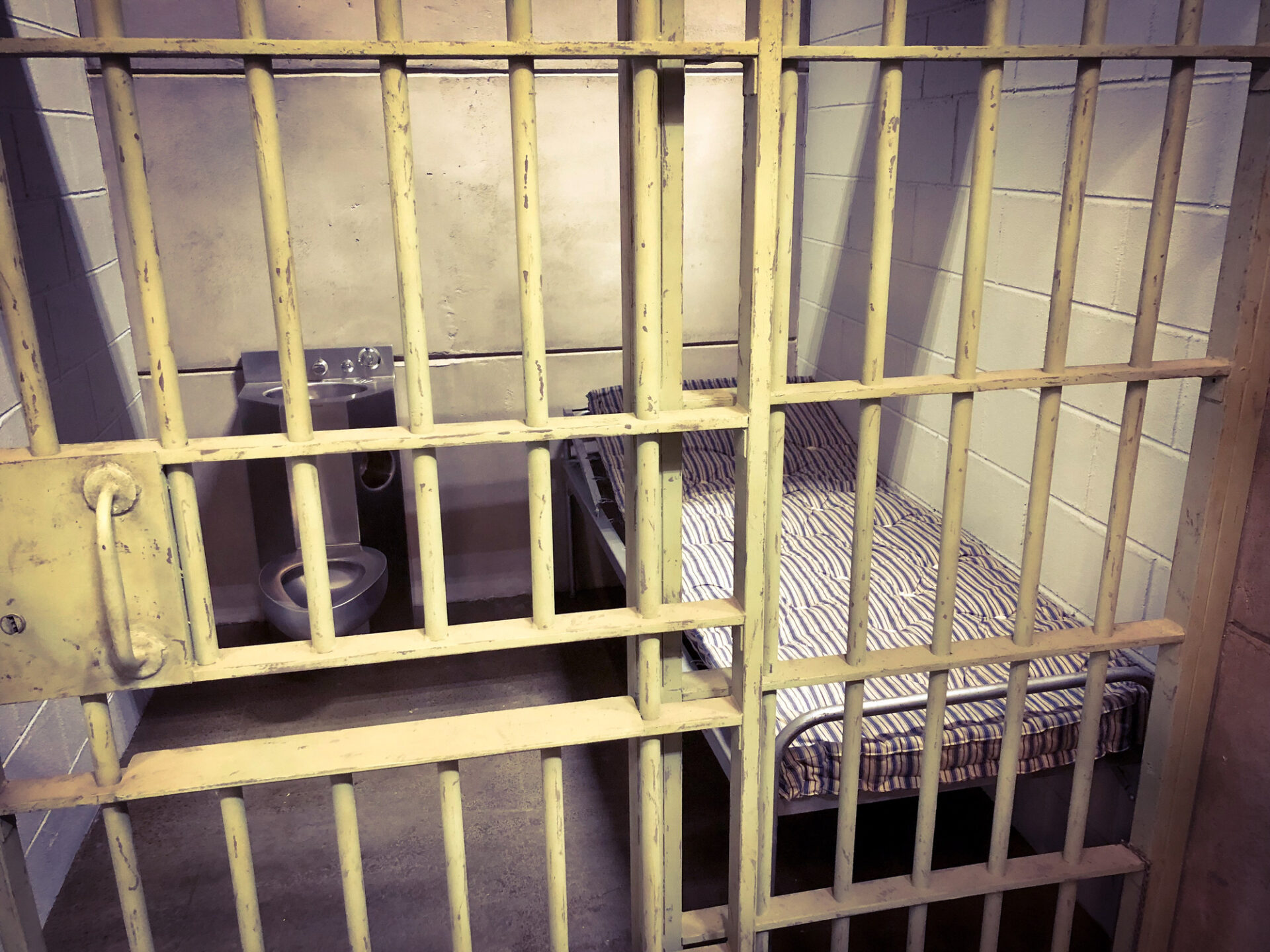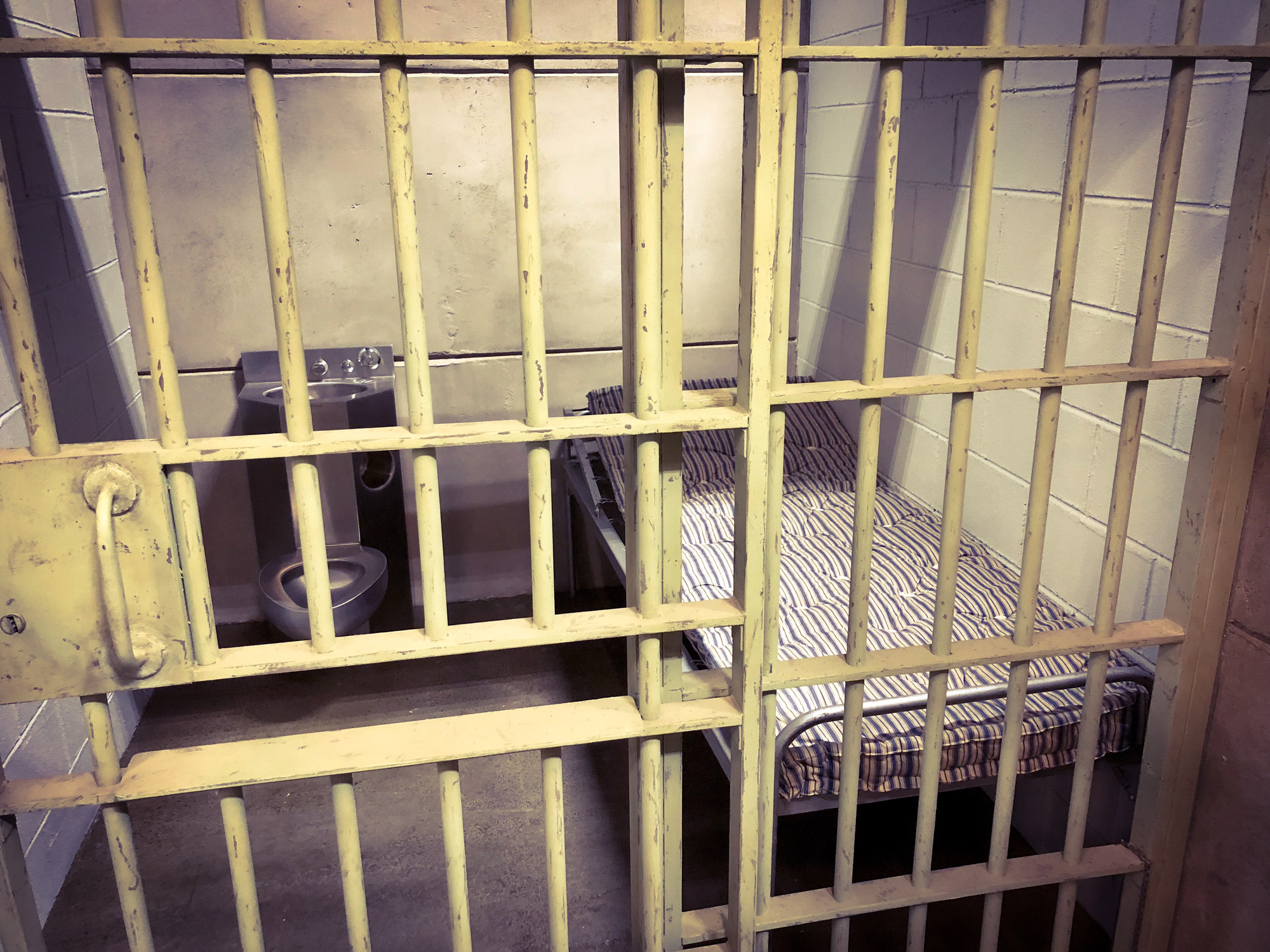
August 21, 2025
New research highlights how passed-down prison debt disproportionately affects Black women.
New research reveals how passed-down prison debt drives the loved ones of incarcerated people, particularly Black women, into deeper poverty.
With Black people making up 37% of the local jail and state prison population, incarceration fees are driving many women of color deeper into poverty, according to a new report from the Prison Policy Initiative. The findings spotlight how prison debt, driven by charges for housing and medical care, is passed down to families and hits Black women the hardest.
Women, particularly Black women, are disproportionately affected by the majority of states that allow “pay-to-stay” policies. Recent research shows that 83% of those covering fines, fees, and bail for incarcerated loved ones are women, whose earnings drop more sharply post-conviction than men’s ($75/year versus $26).
With Black mothers three times more likely than white mothers to be their family’s sole provider, the burden of passed-down prison debt further fuels the widening racial wealth gap.
“Because many incarcerated people can’t fully pay fees while in prison, the costs often pile up as debt they’re still expected to repay after their release,” Campaign Zero executive director DeRay Mckesson said.
Advocates warn that some states let debt collectors or probation officers demand full repayment within 30 days. Often, the prison debt ends up being passed to taxpayers, who cover costly legal efforts that rarely recover the money.
The prison debt crisis is widespread, as data shows 48 states allow at least one “pay-to-stay” fee, 42 states and D.C. charge incarcerated adults for room and board, and 43 states impose medical fees on those behind bars. Fees are automatically deducted from prison accounts or wages, but with most incarcerated people earning less than $1 a day, balances quickly accumulate, often following them long after release.
“We were the first to put this issue on the map — people were talking about mass incarceration, but no one was talking about families having their college funds and inheritances seized,” said Brittany Friedman, a USC sociologist who leads the Captive Money Lab and served as a consultant on the Campaign Zero project.
Advocates are calling out the outdated pay-to-stay policies, many of which date back to the 1970s when states like Michigan and California sought to shift incarceration costs off public budgets. The trend spread in the 1980s after federal funding cuts under President Reagan led states to charge incarcerated individuals for court-appointed counsel, supervision, meals, and phone calls.
While some argue these fees help cover victim restitution or public services, much of the cost is imposed on loved ones and taxpayers, even in victimless cases, such as drug possession.
“They weren’t designed to promote safety or rehabilitation,” said Nick Shepack, Nevada director for the FFJC. “They were designed to cut budgets — and they still are.”
Some states are taking steps to roll back these fees. Oklahoma recently passed a bill eliminating many charges, Maryland Gov. Wes Moore waived $13 million in unpaid probation fees earlier this year, and Nevada capped the amount prisons can garnish from family deposits while ending post-release collections of medical debt.
RELATED CONTENT: Son Of U.S. Soldier Left Without Citizenship, Deported To Jamaica


